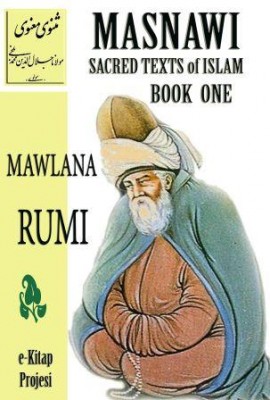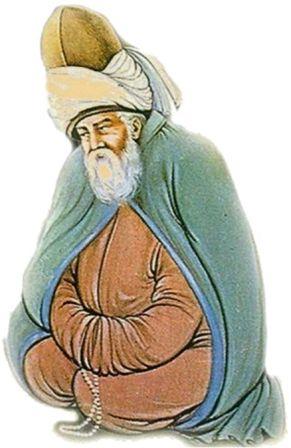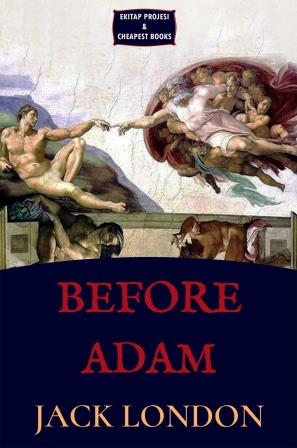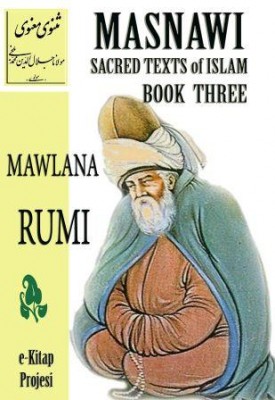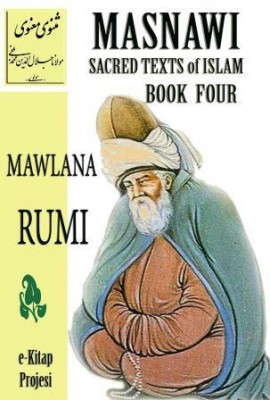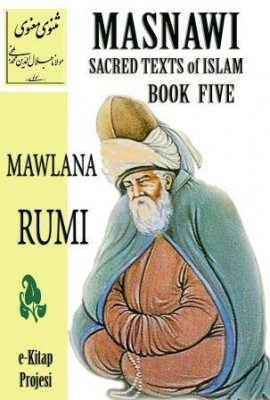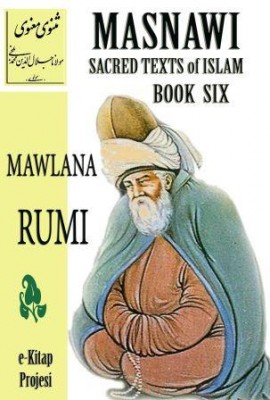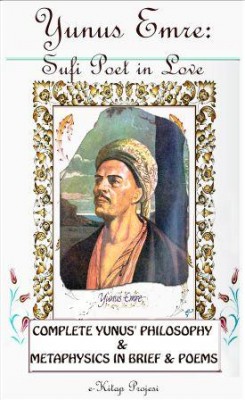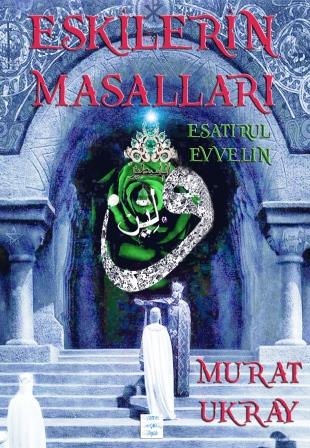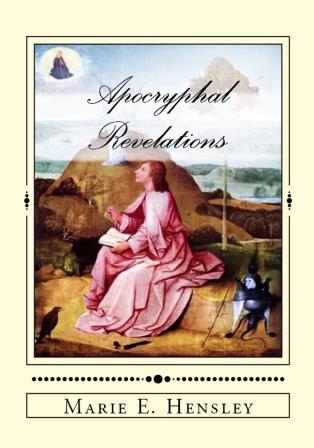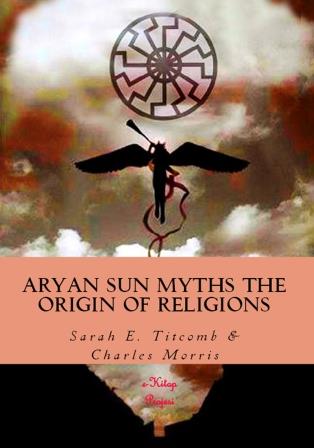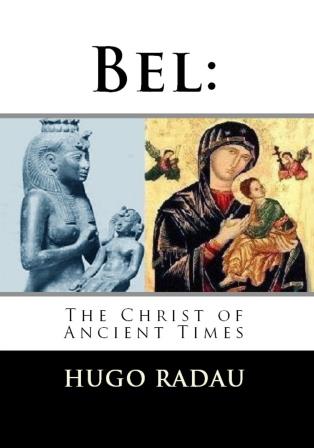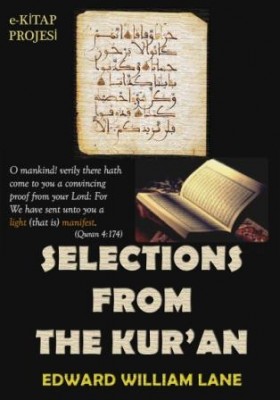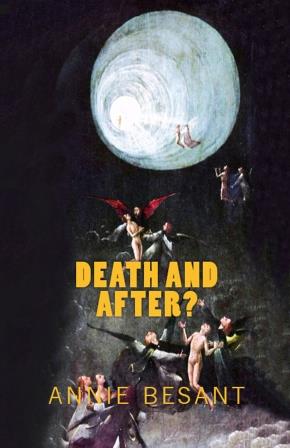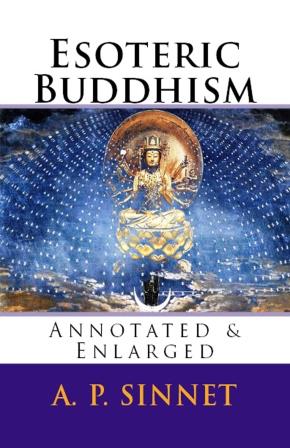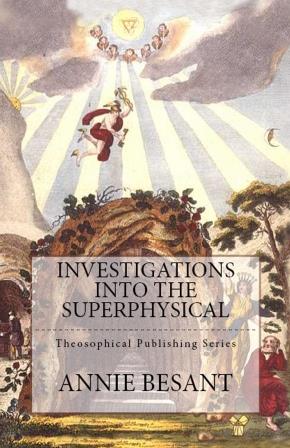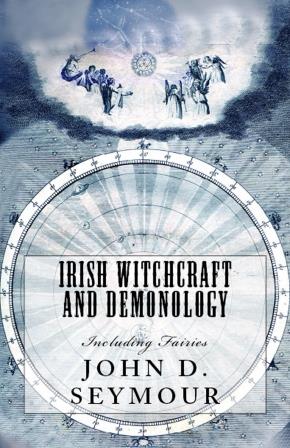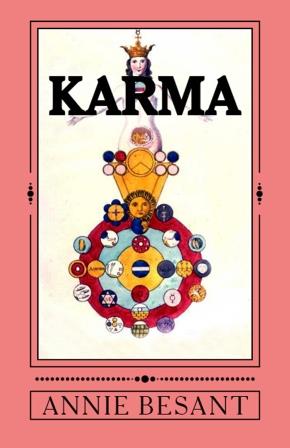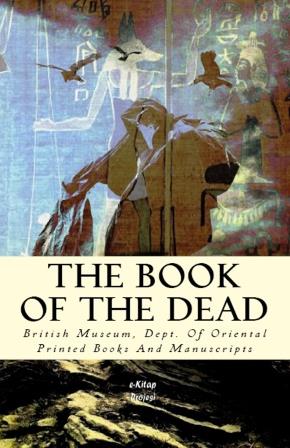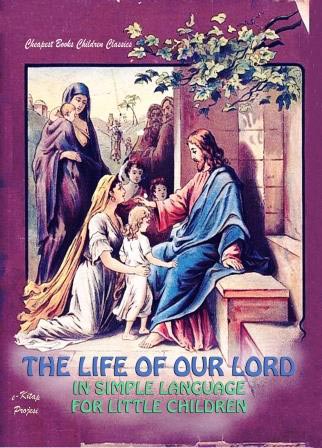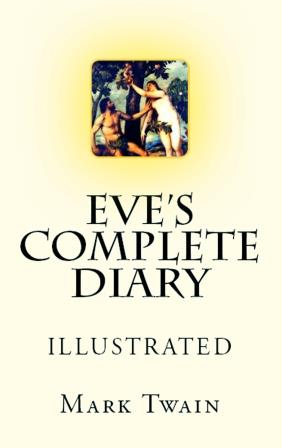The "Masnawi" is Rumi's greatest poetic work, composed during the last years of his life. He began it when he was between the ages of 54-57 [about 1258-1261]1 and continued composing its verses until he died in 1273 (with the last story remaining incomplete). It is a compendium of sufi stories, ethical teachings, and mystical teachings. It is deeply permeated with Qur'anic meanings and references. Rumi himself called the Masnavi "the roots of the roots of the roots of the (Islamic) Religion… and the explainer of the Qur'an [wa huwa uSûlu uSûlu uSûlu ‘d-dîn… was kashshâf al- Qur’ân] (Masnavi, Book I, Preface).
Its full name is name is "Mathnawî-yé Ma`nawî," which means "Rhyming Couplets of Deep Spiritual Meaning." The name "Mathnawî" (pronounced "Masnavî" in Persian) means "couplets" in Arabic [because the second half of the verse (in Arabic, “thanî”) rhymes with the first]. It is the name of a type of poetry (called "mathnawî"). The second word, "Ma`nawî," means "significant," "real," "meaningful," "spiritual" in Arabic. The following is an example of the particular mathnawi meter used by Rumi (there are other mathnawi meters used by other Persian sufi poets): XoXX XoXX XoX. The rhymes in the first three couplets of Rumi's Masnavi are "â-yat mê-ko-nad," "-îda-and, "-âq":
"BESH-na-WEEN NAY CHOON shi-KAA-YAT MEE-ko-NAD
AZ jo-DAA-EEY-HAA hi-KAA-YAT MEE-ko-NAD
KAZ na-YES-TAAN TAA ma-RAA BOB-REE-da-AND
DAR na-FEE-RAM MAR-do ZAN NAA-LEE-da-AND
SEE-na KHWAA-HAM SHAR-ha SHAR-HA AZ fi-RAAQ
TAA be-GOO-YAM SHAR-he DAR-DE ISH-ti-YAAQ"
Translation:
"Lısten to the reed (flute), how ıt ıs complaınıng! It ıs tellıng about separatıons,
(Sayıng), 'Ever sınce I was severed from the reed fıeld, men and women have lamented ın (the presence of) my shrıll crıes.
(But) I want a heart (whıch ıs) torn, torn from separatıon, so that I may explaın the pain of yearnıng..'"
